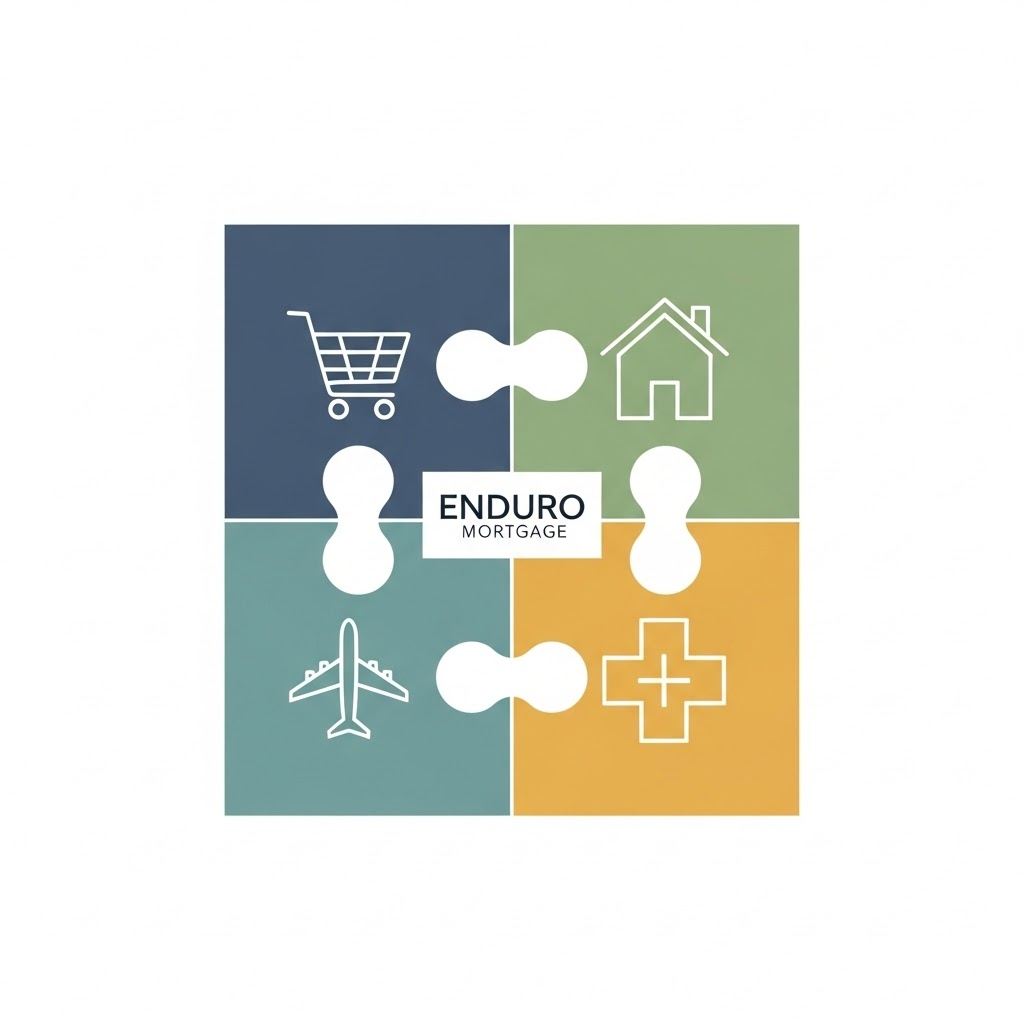
Based on fascinating research by retirement expert Dr. Wade Pfau, most retirees fall into one of four categories. Let's see if you recognize yourself, and more importantly, if you recognize your financial blind spot.
You're naturally frugal and proud of it. Your biggest expense is often food and beverages, whether it's a great meal out or stocking up at a warehouse store. You likely paid off your mortgage years ago and enjoy a low-key lifestyle.
Your Financial Blind Spot: Because you live so frugally day-to-day, a single, large, unexpected expense—like a major health issue or a critical home repair—can be a massive shock to your carefully managed budget. What's your plan for the one big bill you can't control?
Your home is your sanctuary, and you invest in it accordingly. Your spending is centered on your house, whether it's property taxes, utilities, ongoing maintenance, or renovations to make it more comfortable.
Your Financial Blind Spot: As you age, the cost of maintaining your home will likely increase, especially if you need to hire help for tasks you used to do yourself. How will you fund the rising cost of staying in the home you love?
You've worked your whole life to see the world, and retirement is your time to do it. You have the highest overall spending, centered on travel and experiences. You live life to the fullest.
Your Financial Blind Spot: Your high-spending lifestyle is funded by your investment assets. A major market downturn could force you to choose between selling your investments at a loss or giving up the travel that brings you joy. How can you protect your travel dreams from market volatility?
Through no fault of your own, a significant portion of your budget (often 25% or more) is dedicated to healthcare, from Medicare-related expenses to prescription costs. Your primary focus is on managing your health.
Your Financial Blind Spot: A single new diagnosis or a rise in prescription costs could push your already tight budget to the breaking point, forcing you to make impossible choices between your health and other essential bills. Where will you find extra cash flow if your medical costs suddenly increase?
No matter which "spender" you are, the unpredictability of the future is the one thing everyone has in common. This is why having a financial safety net isn't a luxury; it's a necessity.
A reverse mortgage can act as that flexible safety net, specifically designed to protect against the unique blind spot of each spending type. By turning a portion of your home's equity into a standby line of credit, you create a private fund you can access for any reason:
For the Foodie: It's your protection against that one big, unexpected bill.
For the Homebody: It's your dedicated fund for home maintenance and aging-in-place renovations.
For the Globetrotter: It's your buffer, allowing you to pay for travel without having to sell investments in a down market.
For the Health Care Spender: It's your emergency healthcare fund to ensure you never have to compromise on your well-being.
By understanding your habits and having a plan for your blind spots, you can finally stop scrambling to make ends meet and enjoy the secure, worry-free retirement you've earned.
Ultimately, it doesn't matter which of the four spender types you are. What matters is recognizing that your unique lifestyle comes with a unique financial blind spot.
The key to a truly secure retirement is having a flexible financial tool that can protect you from that specific risk, whatever it may be. A reverse mortgage line of credit provides that personalized safety net, allowing you to continue living the life you've built with the confidence of knowing you're prepared for the unexpected. It's not about changing who you are; it's about protecting who you are.
Representing: Enduro Mortgage, Colorado Mortgage Company Registration
NMLS# 2127434 Regulated by the Division of Real Estate
EQUAL HOUSING OPPORTUNITY https://nmlsconsumeraccess.org


Mortgage Broker
Enduro Mortgage | NMLS: 283159